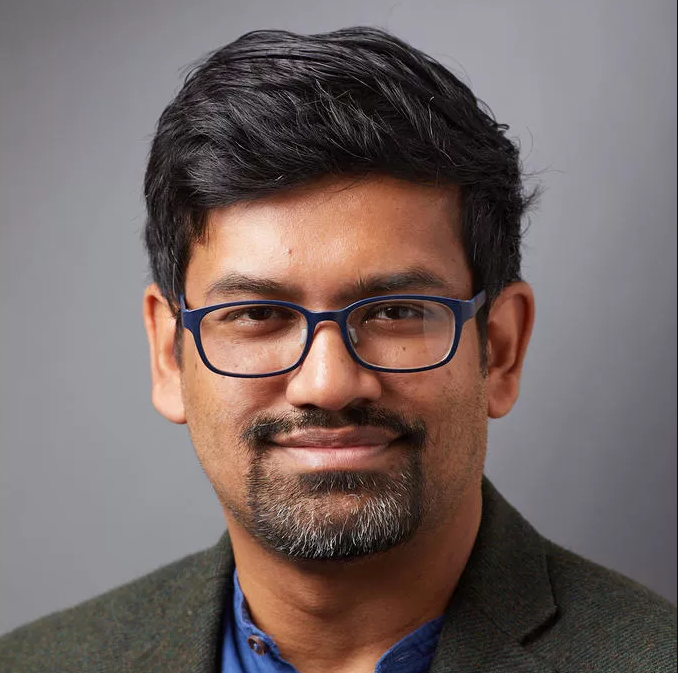The movements of Indian-African diasporic lawyers, and the politics and techniques they carried, shaped the conceptual and strategic world of minority rights in the 20th century. Claims by overseas Indians based on their rights as imperial subjects had to be recalibrated, through decolonization. As overseas Indians across the British empire in Africa emerged as national minorities in ethno-majoritarian states, or as migrants to former colonial powers, forms of claim making had to be revised and reworked.
Following the careers of four Indian-African lawyers across the UK, India, Seychelles, Tanzania, Kenya, Fiji and Papua New Guinea, to show how the Indian legal diaspora, often viewed as the “sinew of empire and capital” turned first into a network for decolonization, and then incubated claims for integration into ethno-majoritarian national states, reordering the ideas and strategies for minority rights. Using lawyerly lives as an archive, it demonstrates the possibilities of tracing transnational history of ideas, rooted in everyday local struggles and assertions and brings the framework of political commitments and ethnic identities to global histories of the legal profession.
_____________________________________________________________________________________
Rohit De is a lawyer and historian of modern South Asia and focuses on the legal history of the Indian subcontinent and the common law world. As a legal historian he moves beyond asking what the law was; to what actors thought law was and how this knowledge shaped their quotidian tactics, thoughts and actions. In recent years, this has enabled his research to move beyond the political borders to South Asia to uncover transnational legal geographies of commerce, migration and rights across East Africa, Southeast Asia and the Caribbean.
His book A People’s Constitution: Law and Everyday Life in the Indian Republic (Princeton University Press, 2018) explores how the Indian constitution, despite its elite authorship and alien antecedents, came to permeate everyday life and imagination in India during its transition from a colonial state to a democratic republic. His second book, Assembling the Indian Constitution, coauthored with Ornit Shani, examines at how thousands of ordinary Indians, read, deliberated, debated and substantially engaged with the anticipated constitution at the time of its writing and will be published in 2023.
Prof De is also interested in comparative constitutional law and is an Associate Research Scholar in Law at the Yale Law School. He has assisted Chief Justice K.G. Balakrishnan of the Supreme Court of India and worked on constitution reform projects in Nepal and Sri Lanka. He writes on contemporary legal issues in South Asia.


